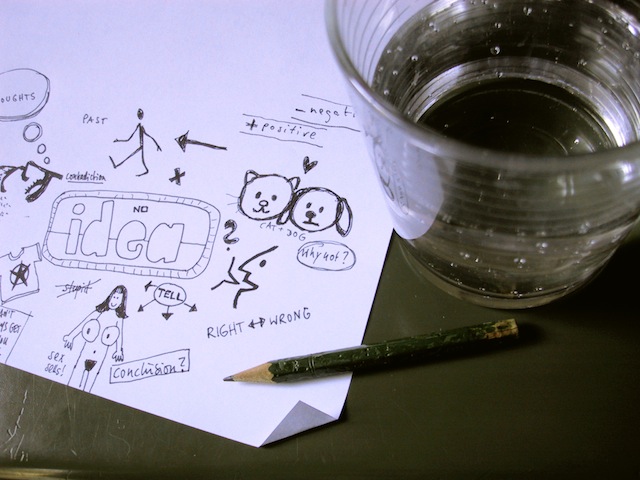To snap myself out of the current ennui that has swamped me, I’ve a few ideas for a crowdfunded project. I’m interested in what people think of them, the first two are Australian focused while the others are more international.
All five of them revolve around the changing global economy and its effects upon societies, communities and individuals.
These are the ideas and I’d be delighted to hear some thoughts on them.
True Australian stories
Australia is in a time of transition. The upcoming Federal election may well determine the nation’s development over the next half century.
The idea of this project is to get out into the regions and suburbs which aren’t being covered – if not outright ignored – by the mainstream media and talk to the communities, people and businesses about how their worlds are changing and what they are doing to deal with it.
Re-inventing Australia
After a quarter century of continuous growth Australia has to make decisions on where its economy goes next. Successive governments have identified resources, agriculture, tourism, finance and education as the ‘five pillars’ of the economy.
This project talks to the people trying to make Australia’s five pillars work along with looking at those trying to build alternatives.
The future workforce
How does the global future workforce look? Will we be all contractors for Uber or Upwork or are there other models developing around the world.
What does the next phase of the industrial revolution look like for workers in both the developed and emerging economies? This idea is inspired Sebastião Salgado’s work.
The Second City project
Every major city has a less prosperous neighbour – Sydney and Newcastle, Melbourne and Geelong, London and Birmingham, Beijing and Qingdao, San Francisco and Oakland are examples.
How are those second cities faring in a global economy that’s increasing the wealth of the rich? What are the leaders of those communities doing to reposition themselves.
The next Silicon Valleys
While we’re focused on today’s global centres like California’s Bay Area, London and Shanghai there are other emerging industrial centres that will be the next generation’s Silicon Valleys. Who are they and what do they look like?
I’d be delighted to hear readers’ thoughts on these projects and any other ideas for similar ventures.

Leave a Reply